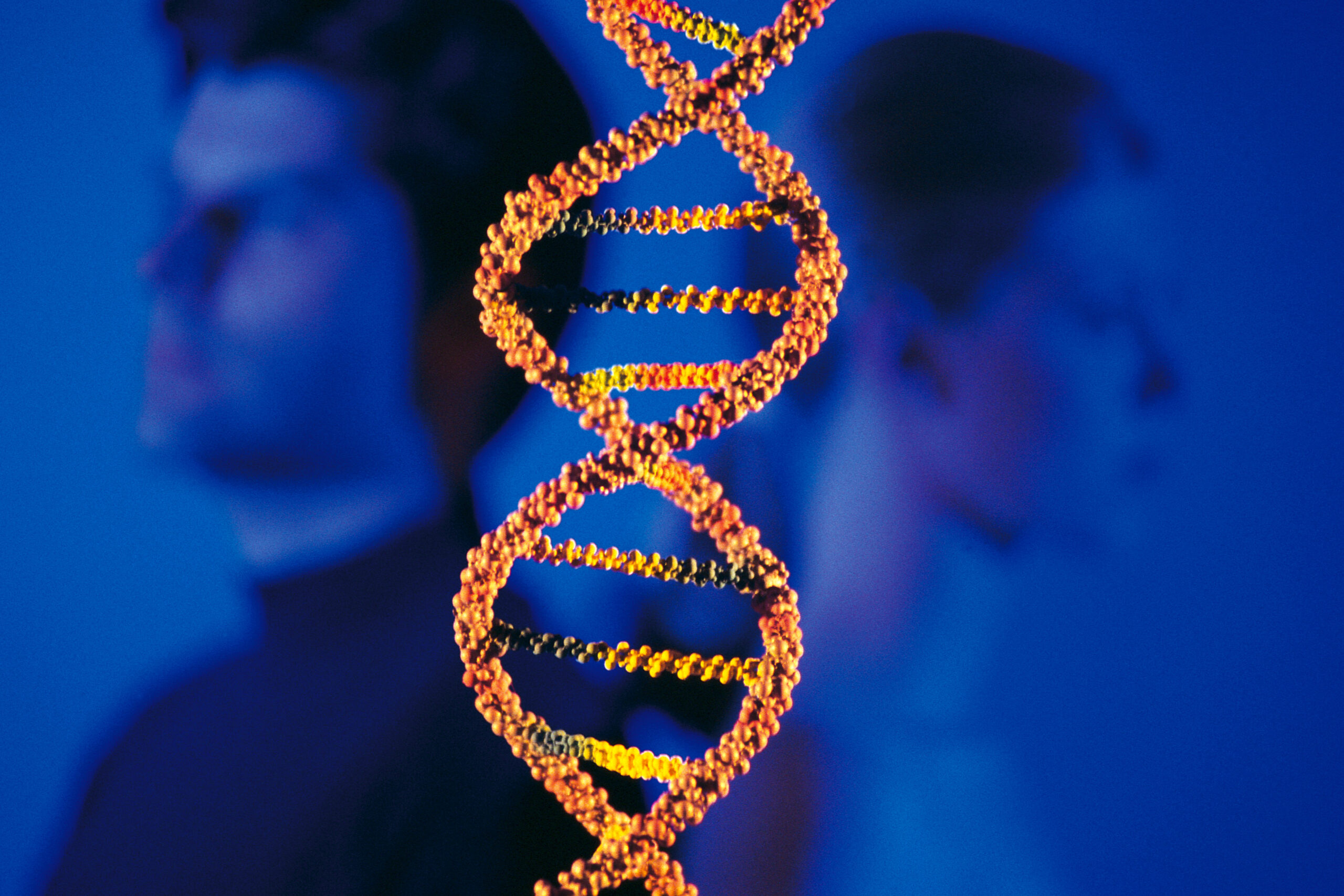Mutesi Sandra
DNA testing has given people a new tool to address the issue of infidelity. Infidelity is a complicated and deeply personal issue that can have significant emotional and social consequences. However, using DNA testing to confirm suspicions of cheating raises many ethical concerns, including privacy, consent, and trust. This article explores the potential ethical implications of using DNA testing to address infidelity issues. It examines the benefits and drawbacks of using DNA testing as a tool to resolve infidelity issues, as well as the ethical issues that arise from using such tests, including the invasion of privacy. The article concludes by leaving a question behind; is the family institution under attack?
In May, social media was abuzz with trolls of #Fearwomen. Around the same time, the story of the cosmetics tycoon Micheal Kasawuli aka Samona’s news, flooded the country that 10 out of his 25 children were not biologically his. The revelation of infidelity can have severe repercussions on relationships and the individuals involved. The advancement of technology has provided several tools to confirm suspicions of infidelity, including DNA testing. DNA (deoxyribonucleic acid) paternity test can be done by getting a buccal swab (mouth swab), and a hair sample specimen from the child and the alleged father.

The sample collected contains cells which form a set of genetic information. A person’s DNA represents a genetic blueprint which one inherits from his biological parents; thus, the examination of the DNA of the child can conclusively determine whether the alleged father is the true biological father of the child.
Samona’s story has ultimately served as a wake-up call for Ugandan men. His story has shed light on a heartbreaking reality for many men who have been victims of paternity fraud. This has prompted a surge of interest in DNA testing in the country. Many Ugandan men have begun questioning the paternity of their children. Infidelity is a complex issue that has been subject to countless debates through human history.
Despite the shared social consensus that cheating is wrong, infidelity continues to occur at a high rate. Following the story of the cosmetics tycoon, the Ugandan men have been awakened to the bitter truth that can be revealed through DNA testing. As a result, numerous DNA centres have been flooded with men desperately seeking to find out the true paternity of their children.
At the heart of the matter is the issue of consent. When a person’s DNA is collected, who has the right to that information and under what circumstances? Or even more, Is it lawful for a parent to do a DNA test on their children of majority age without their consent? The invasion of privacy is another crucial consideration, particularly when DNA testing is done without the subject’s knowledge or against their wishes. If a revelation of infidelity is proved in the DNA result, it will have long-lasting consequences tangled with emotional distress for all parties involved.
In a world where the security and privacy of personal data is more critical than ever, the Data Protection and Privacy Act, 2019 was put in place to protect the privacy of individual and of personal data by regulating the collection and processing of personal information. This act is vital in safeguarding democracy and individual freedoms by empowering citizens to take greater control over their personal data and providing a means to hold accountable those violating privacy rights.

Section 7 of the Act makes it clear that a person shall not collect or process personal data without prior consent of the data subject. To this DNA samples collected from a person are not an exception. Section 35 of the act highlights the consequences of breaching the law relating to personal information, including a fine or even imprisonment for 10 years or both.
It is important to remember that there is a rebuttable presumption of children’s legitimacy during a marriage’s subsistence. Any child born during the subsistence of a marriage is presumed to be fathered by the husband. However, using DNA testing as a tool to address infidelity can have several ethical implications, such as invasion of privacy, as already explained above, trust issues that may damage the trust in a relationship, emotional harm, stigmatization, most so for individuals who are found to have committed infidelity.
Before deciding to do a paternity test, there are several important questions one should ask themselves:
- What is the reason for wanting to do the test? This can help you determine if it is the right decision for you.
- Have you discussed your intentions with all the relevant parties? It is important to consider the feelings and perspectives of everyone involved.
- Are you prepared for the potential outcomes of the test? Depending on the results, a test can have significant consequences for individuals and families, and it is important to consider all possible outcomes before making your decision.
- Are you emotionally prepared for the results? / How will I cope with the results, whether positive or negative?
Considering the above questions, one can make a well-informed decision about whether to conduct a paternity test and be prepared for possible outcomes.
In conclusion, having celebrated fathers days just a few days ago, it is sad that several “fathers” have fallen victim to paternity fraud. While conducting a DNA paternity test without legal authority is legally wrong, the question arises as to whether the law permits women to have children outside of marriage. Nonetheless, it is important to recognize that the family is a multifaceted and elaborate system, where negative results of a paternity test do not necessarily invalidate the love and care given by a parent to a child, nor do they determine the value and essence of a relationship.
Family is more than blood relations. It comprises individuals with whom we share unbreakable love bond, trust and mutual understanding, as it is where individuals find a sense of belonging, support and comfort. Just like Joseph from the bible, men should continue carrying on their fatherly roles despite shortcuts. However, I join my voice to all others and condemn all actions of infidelity in our community.

About the Author :

The writer is a second-year law student at Nkumba University in Entebbe, Uganda. She is also the Nkumba University School of Law Research Club’s Secretary.





















Discussion about this post